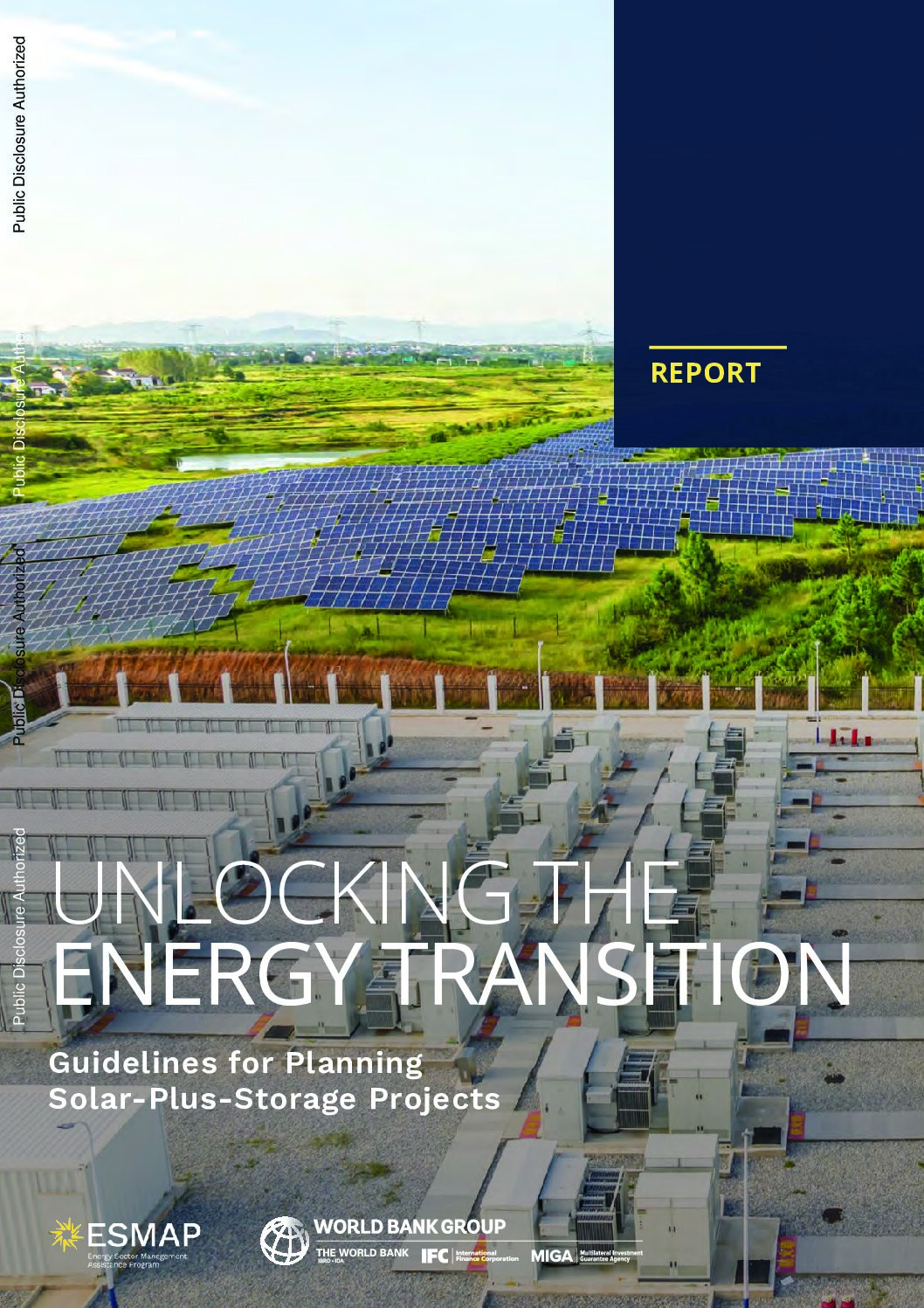This free course provides an introduction into solar PV technology and markets, and teaches participants how to calculate energy use and design a solar PV system for a given site.
This web portal provides an extensive introduction into hydropower technology, policy, financing and more.
This web portal provides an extensive introduction into the Bolivian renewable energy sector, policy, financing and more.
These guidelines aim to support countries to improve their policies, technologies and environmental conditions for the deployment of small hydropower.
This report provides an introduction to grid-connected solar PV technology, policy and incentives and financing instruments in Bolivia.
This report presents the experiences of competitive processes for the incorporation of non-conventional renewable energies in LAC, especially solar PV and wind energy. It provides an analysis of the strategies and structures that have been used, the legal frameworks that enabled them and a database of outcomes.
This report outlines how modern battery energy storage systems can be effectively deployed and alleviate the variability of renewables. It also includes a Power Purchase Agreement template that can serve as a practical tool to bring private sector investments in the power sector.
This report identifies and analyses key risks and barriers to private-sector investment in interconnected mini-grids in Nigeria, and evaluates policy and financial instruments designed to address them.
This guidebook summarizes a broad range of policy and financial instruments that governments can implement to foster the development of the interconnected mini-grid market, driven by the private sector.
This report highlights the economic, social and environmental benefits that energy and transport sector-coupling and a transition towards EV- and RE-based, efficient systems can create in small island settings, and provides tools for the planning of such a transition.







